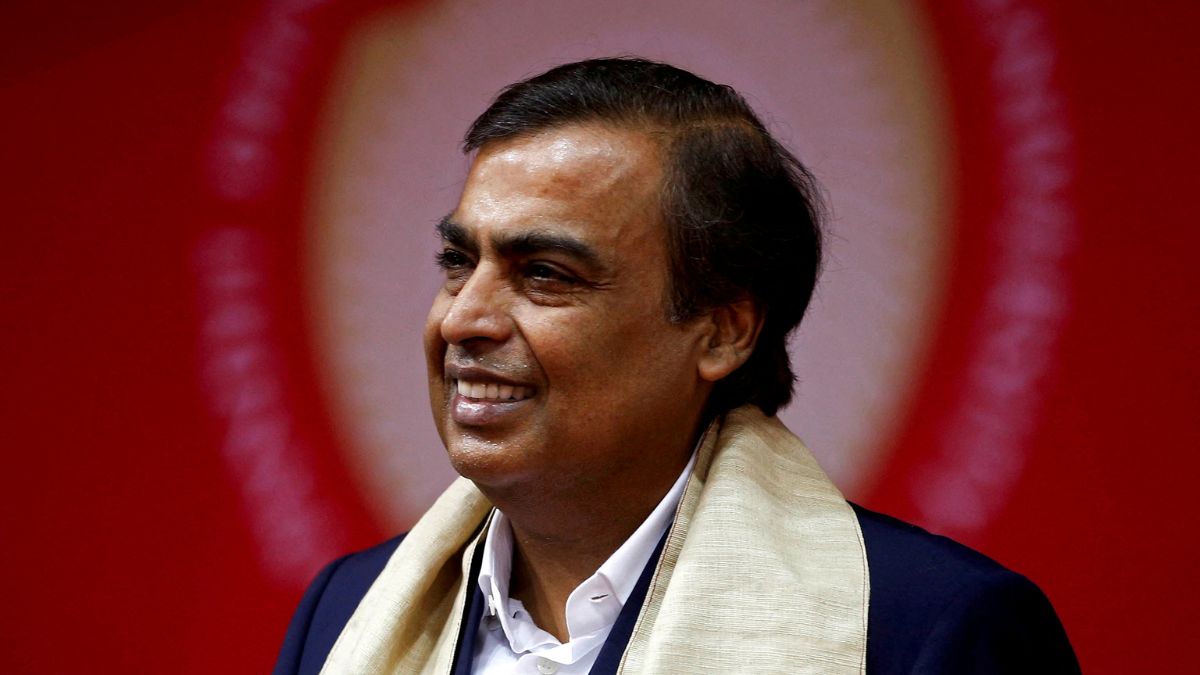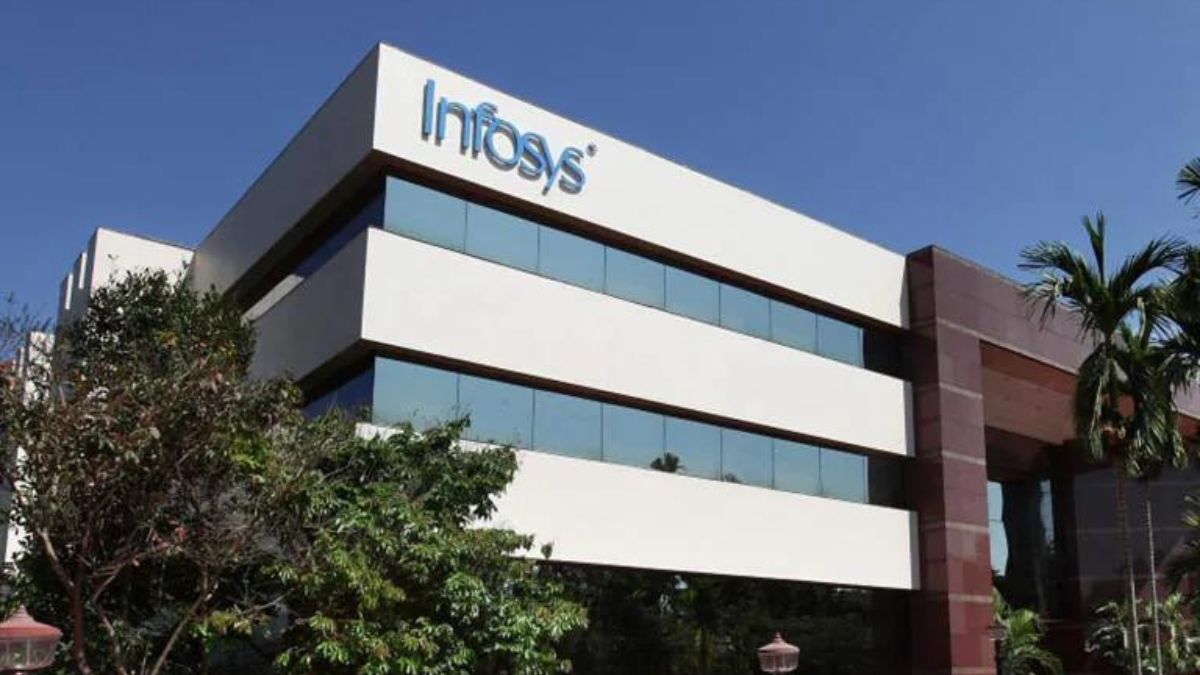Finance Minister Nirmala Sitharaman announced changes in the new tax regime, which would allow for salaried personnel to save Rs 17,500 annually. However, those with higher tax deductions and higher incomes could benefit more from the old regime read more
)
Changes have been introduced to the new tax regime in the Union Budget 2024. However, people should see which regime suits them more before making a choice, said financial experts. Representational image/PTI
A look at any Indian newspaper, news channel or even social media and the one thing you will see is the mention of the new tax regime that Finance Minister Nirmala Sitharaman announced in the Union Budget on July 23.
On Tuesday, Budget Day, Finance Minister Nirmala Sitharaman made two announcements pertaining to personal income tax. “First, the standard deduction for salaried employees is proposed to be increased from Rs 50,000 to Rs 75,000. This will provide relief to about four crore salaried individuals and pensioners.”
She also made tweaks to the tax slabs in the new tax regime, adding that these changes would enable a salaried employee in the new tax regime to save up to Rs 17,500 in income tax.
While many media outlets carried reports consequently why the new tax regime should be the preference of taxpayers, some confusion still abounds on who would benefit from which regime and why.
Here’s what we understood so far.
What are the old and new tax regimes?
In the country, taxpayers fall under certain tax slabs. This is to ensure that those with higher incomes pay more taxes proportionately. Currently, the tax system operates with two regimes: the old regime and the new one. The new regime was introduced in Budget 2020, offering reduced tax rates and compliances. As exemptions and deductions are not available, it makes tax filing simpler.
The old tax regime offers more than 70 exemptions and deductions, including HRA (house rent allowance) and LTA (leave travel allowance). The most popular deduction is Under Section 80C, which allows a reduction of taxable income up to Rs 1.5 lakh.
What are the tweaks to the new tax regime?
In her budget speech, Finance Minister Nirmala Sitharaman announced that the standard deduction under the new tax regime was increased to Rs 75,000 from the earlier Rs 50,000.
Moreover, she announced changes to the
tax slabs in the new tax regime, which are as follows:
No tax for those earning up to Rs 3 lakh
5 per cent tax for slab of Rs 3-7 Lakh
10 per cent tax for slab of Rs 7-10 Lakh
15 per cent tax for slab of Rs 10-12 Lakh
20 per cent tax for slab of Rs 12-15 Lakh
30 per cent above Rs 15 lakh
The new tax slabs under the new regime will be effective from April 1, 2024 (Assessment Year 2025-26).
Also read: Calculation: Will you pay more income tax or less after Budget 2024 changes?
Under the new tax regime, those in the highest bracket — of above Rs 15 lakh — will save Rs 7,500 owing to the enhancement in the standard deduction limit. Apart from this, the rate rationalisation will lead to savings of Rs 10,000. This leads to a total savings of Rs 17,500 in a year.
But which regime should you pick?
However, financial experts have noted that the new tax regime doesn’t make sense for all taxpayers. They note that those with higher tax deductions may find the incentives offered by the old tax regime more attractive in the long run.
As moneycontrol.com explains, if a salaried employee with an income of Rs 11 lakh claims deductions worth more than Rs 3,93,750, his/her tax outgo will be lower in the old tax regime.
It is reported that those who claim deductions of up to Rs 2 lakh on home loan interest or are eligible for hefty house rent allowance (HRA) would be better off with the old tax regime.
For individuals who earn less than Rs 7 lakh, the new tax regime is the better option, as they will not have to pay any tax. A salaried employee earning up to Rs 7.75 lakh will not have to pay any taxes at all under the new tax regime, due to the higher deduction of Rs 75,000.
An individual with an income of Rs 60 lakh, too, will find the old regime suitable if he/she claims deductions worth more than Rs 3,93,750. For high-income earners — those earning Rs 6 crore — the tax to be paid will be lower under the new tax regime. This is because the surcharge rate is lower at 39 per cent, reports moneycontrol.com.
Simply put, experts note that the old tax regime allows tax exemptions on health insurance premiums, children’s school fees, investments under Section 80C, home loan interest, and house rent. Therefore, if your expenses align with these categories, the old tax regime will be more advantageous for you.
CA Umesh Sharma told Indian Express, “In the old tax regime, people used to get deductions, but not in the new. But now the trend is, Indians are moving from saving to investing. From putting their money in FDR, insurance premium, PF, they have switched to stock market, mutual fund, F&O, etc, where deductions are not needed. They are not saving as per Income Tax deductions, they are investing.” He said this is the reason people are switching from old to new tax regime and the government’s ultimate aim is to make the tax process less complicated.
In conclusion, the government may want more people to opt for the new tax regime, but the public should think of their income and deductions before submitting their returns.
With inputs from agencies

 1 month ago
23
1 month ago
23
)
)
)
)
)
)
)
)
)
)
)
)
)
)
)
)
)
)
)
)
)
)
)
 English (US) ·
English (US) ·